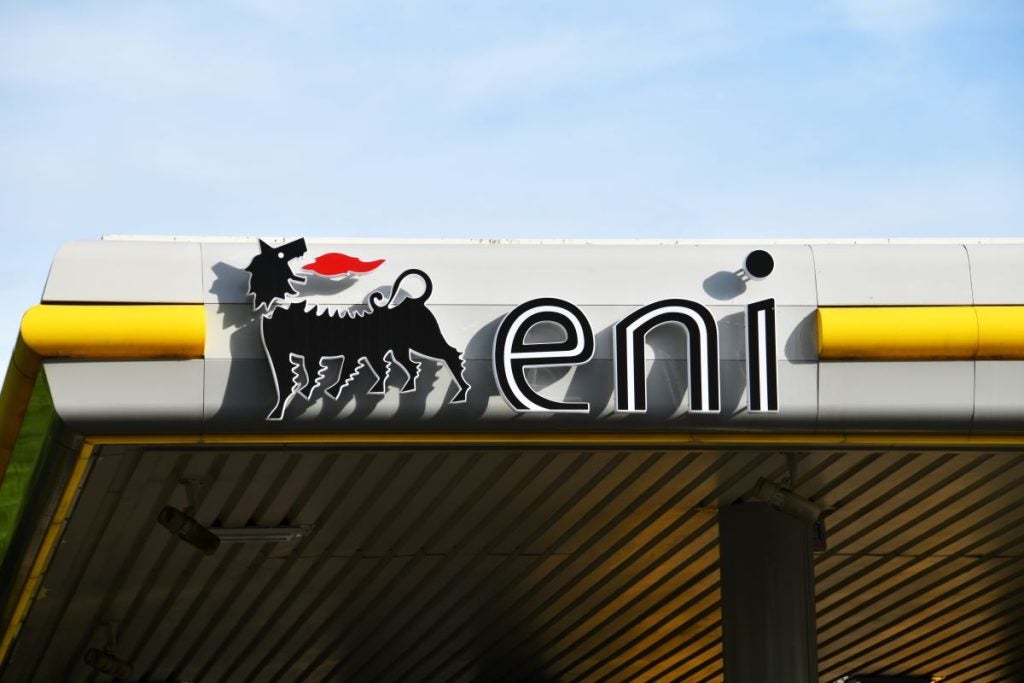Oil leads as Offshore Technology lists the top five terms tweeted on exploration in Q2 2020, based on data from GlobalData’s Influencer Platform. The top tweeted terms are the trending industry discussions happening on Twitter by key individuals (influencers) as tracked by the platform.
1. Oil – 2,133 mentions
Unexpected beneficiaries of the immediate crisis, the biggest oil plunge in the modern era, and the cutting down of production, were popularly discussed topics in Q2 2020. According to an article shared by Jason Bordoff, a professor of professional practice and the founding director of the Center on Global Energy Policy, Saudi Arabia emerged as an unexpected beneficiary as the Covid-19 crisis sowed the seeds for tighter markets and thus higher revenues and greater market share. Even with prices severely depressed, Saudi Arabia and Kuwait discussed the possibility of bringing more oil to market, the article highlighted.
Summer Said, a senior correspondent, meanwhile tweeted on Russia’s energy minister Novak having stated that non- OPEC+ and all oil producing countries will reduce output by 5 million barrels per day. The total reduction by OPEC+ and G20 partners in May-June will be 15M b/d.
In other news, Anas Alhajji, the energy markets expert, tweeted on Iraq, Kuwait, and UAE, following Saudi Aramco’s lead of lowering their oil prices to Asia during May.
Saudi Arabia may be an unexpected beneficiary of the immediate crisis, as #COVID19 sows the seeds for tighter markets and thus higher market share & revenues, reinforces its pivotal role in oil markets, and bolsters its geopolitical position. My latest https://t.co/fP7rqdmoTq
— Jason Bordoff (@JasonBordoff) May 5, 2020
How well do you really know your competitors?
Access the most comprehensive Company Profiles on the market, powered by GlobalData. Save hours of research. Gain competitive edge.
 Company Profile – free sample
Company Profile – free sampleThank you!
Your download email will arrive shortly
Not ready to buy yet? Download a free sample
We are confident about the unique quality of our Company Profiles. However, we want you to make the most beneficial decision for your business, so we offer a free sample that you can download by submitting the below form
By GlobalData
2. Oil & Gas – 430 mentions
Renewables replacing oil and gas, overstated claims of oil and gas companies to curb carbon emissions, and companies abandoning future oil extraction projects, were popularly discussed during the second quarter of the year. According to an article shared by Svein T Veitdal, a climate consultant, Texas, the home of US oil and gas is turning to renewables. A boom in projects across the Permian Basin amid coronavirus fears and a global oil price war is being reported, the article noted.
The influencer further shared an article on how the coronavirus pandemic and the savage price war left the oil and gas sector completely broken and in a survival mode. Experts opine that this is likely to permanently alter the course of the climate crisis. However, others believe that the fossil fuel industry will bounce back, and bargain basement oil prices will slow the much-needed transition to green energy, the article noted.
In other news, Amy Harder, an energy and climate change reporter, shared an article on Google dropping out from all future AI oil extraction projects. While Microsoft and Amazon claim that working with the oil industry isn’t at odds with their climate commitments, the move is likely to increase pressure on tech and other companies to sever deals with oil and gas producers.
Texas: how the home of US oil and gas fell in love with solar power via @FT
A boom in projects across the Permian Basin comes amid coronavirus fears and a global oil price war https://t.co/jTI8wNMCu1
— Svein Tveitdal (@tveitdal) April 7, 2020
3. Barrels – 388 mentions
Cutting output, delay or cancellation of projects, and water-borne storage tanks capable of withstanding tsunamis and earthquakes, were some popularly discussed topics during the second quarter of the year. According to an article shared by Marianna Párraga, an energy correspondent, some 16 billion barrels of Latin American oil could remain undeveloped if prices remained low, including many projects in Brazil, Mexico and Guyana.
Out of the 26 billion barrels expected to be developed in these countries, approximately 16 billion barrels have a breakeven price of $40 per barrel or above, the article highlighted.
In other news, Karen Braun, a global agriculture columnist, tweeted on US ethanol production hitting another record low of 570,000 barrels per day. She further added that some 5.378 billion bushels of corn were used for ethanol in 2018-19, an average of 103 million bushels per week.
Some 16 billion barrels of Latin American oil could remain undeveloped if prices stay low, including many projects in Brazil, Mexico and Guyana -IHS #OOTT #latamnuncamashttps://t.co/jshlkHS2PO
— Marianna Párraga (@mariannaparraga) April 6, 2020
4. Pricing – 376 mentions
Why gas can emerge from negative pricing and the Covid-19 crisis as the major future hydrocarbon, and mines being suspended due to lower pricing levels, were popularly discussed during the quarter. According to an article shared by Robin Mills, an energy expert and columnist, the prospects for gas demand revival are better than for oil, and if sold at the right price can drive dirty fuel like coal out of the energy mix.
Countries such as Australia, Germany, and Japan are looking to create a market for hydrogen, a clean energy carrier, which can be used as a substitute for gas in heating networks, or as fuel for ships and planes. The cheapest way of making low-carbon hydrogen is from natural gas, the article further noted.
In other news, Taylor Kuykendall, a senior mining and energy reporter, tweeted on Peabody Energy, the largest private sector coal company in the world, conducting “amplified improvement activities” across coal mines, including the elimination of 436 jobs across the US and Australia mines in the first quarter of April. The company stated that if mines could not demonstrate a path to cash generation at lower pricing levels, they would be suspended.
Why gas can emerge from negative pricing and the Covid-19 crisis as the major future hydrocarbon https://t.co/DPIv5t2ama
— Robin Mills (@robinenergy) April 26, 2020
5. Shale – 367 mentions
The impact of the pandemic on the shale industry and the shutting down of oil and gas companies, were popularly discussed topics during the second quarter. According to an article shared by Clifford Krauss, an energy correspondent, the Permian Basin in Texas and New Mexico, once an epicentre of shale boom has now turned into a place with dismantled drilling rigs, with existing wells having shut down to prevent the spread of the virus.
In other news, Kevin Crowley, an oil reporter, shared an article on the US shale specialist, EOG, having been elected to defer production by delaying the startup of new wells and shutting in production from existing wells.
The company’s crude oil volumes of 483,300 barrels of oil per day (Bopd) grew 11% percent compared to the first quarter of 2019, despite the delay and shut‐in in the first quarter of 2020, the article noted.
https://twitter.com/ckrausss/status/1256193846767222784







Related Company Profiles
Microsoft Corp
Peabody Energy Corp
Google LLC
Saudi Aramco (Inactive)
Offshore Technology Corp